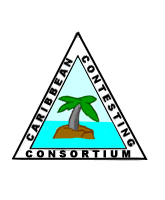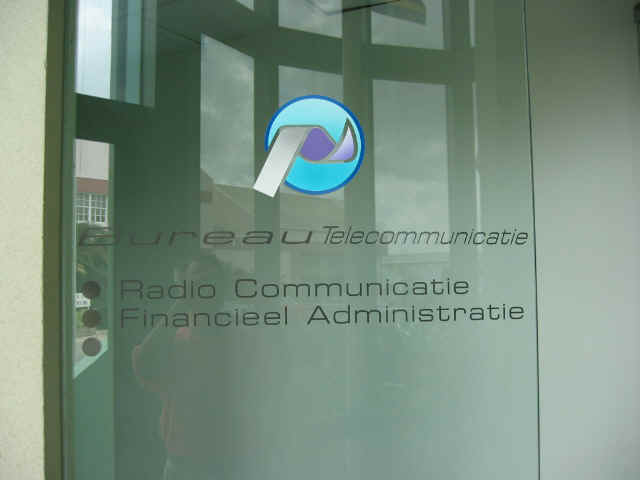Licensing


| Caribbean
Contesting Consortium Licensing |
 |
 |
Return to Home Page |
For Casual Operating
Curacao is a signatory to CEPT. Here's what that means for visiting Curacao.
1. Only US Extra and Advanced licensees are
eligible for HF privileges when
visiting Curacao. Other classes of licensees are restricted to VHF/UHF only.
2. A group cannot use a club call (as 'PJ2/clubcall') under CEPT. CEPT is
limited to individual callsigns.
3. Canadians are not automatically eligible for CEPT privileges. They must
apply in advance to the Canadian RAC to get a 'CEPT Permit' to be legal to
operate from a CEPT country.
(http://wp.rac.ca/study-guides-2/regulatory-info/cept-permits
).
For CEPT operating bring a copy of your U.S. amateur license, proof of U.S. citizenship (your passport), and a printed copy of the CEPT Public Notice. You can operate under the CEPT scheme both in the contest and casually as, for example, PJ2/W0NB. See below if you want to get a special callsign.
When using your CEPT privileges, you must comply with the rules for amateur operation in Curacao. Click here for a copy of those rules. Further, you can click here for an original copy of the document PJ2MI (SK) drafted and were then implemented when the telecommunication rules were updated about five years ago.
| To Get a Special Contest
Callsign 1. Surface paper mail does not work to and from Curacao -- this licensing procedure must be done by FAX and/or E-mail. Allow a lead time of no less than about two months! 2. Download a Word copy of the
license application by clicking here, and fill it out carefully.
I've filled in the standard parts for you. Be sure that you
do not enter more than 1000 watts of transmitter input power (the Curacao limit).You can put in your stateside phone number if you wish. 4. Write a cover letter (click here for a good example letter) specifying the exact name, times, and dates of the contest for which you want the special callsign, and the callsign you are requesting. (It has to be a PJ2* call. The Bureau will not issue a callsign of the form PJ2**. Only calls of the form PJ2* can be obtained.) (PJ2A, PJ2R, and PJ2T are already assigned.) Be sure you mention in the letter that you will be operating at #1 Groot St Marta. Also be sure you include your FAX number. 5. FAX your cover letter, filled-out application, and a copy of your amateur license to 011 599 9 736 5275. You can also E-mail a .PDF file to ortega@cur.burtel.an, Ivy Ortega. Include a note that Geoff Howard will be paying your fee by MCB bank transfer. Here is the address at which your FAX will be received:
6. E-mail a copy of your filled-out license application to W0CG ghoward@kent.edu . He will electronically transfer the $61 license fee to the Bureau, creditable to your specific callsign application. Ignore the fees as stated at the bottom of the license application -- they have increased. You can then reimburse him by mailing a check for $61 to W0CG's Idaho QTH: Geoff Howard, P.O. Box 1147, Coeur d'Alene, ID 83816. You should eventually receive a FAX or E-mail containing your operating permission, followed by an original surface mail letter containing that operating permission. Usually, the licensing agency does not send your permission FAX until only a couple of weeks prior to the contest. Click here to see a sample of what the operating permission will look like. If you are having problems, you can phone W0CG, or call Ivy Ortega (photo of Ivy) by dialing 011 599 9 463 1700 ext 713. Their FAX number is 736 5275. |
 |